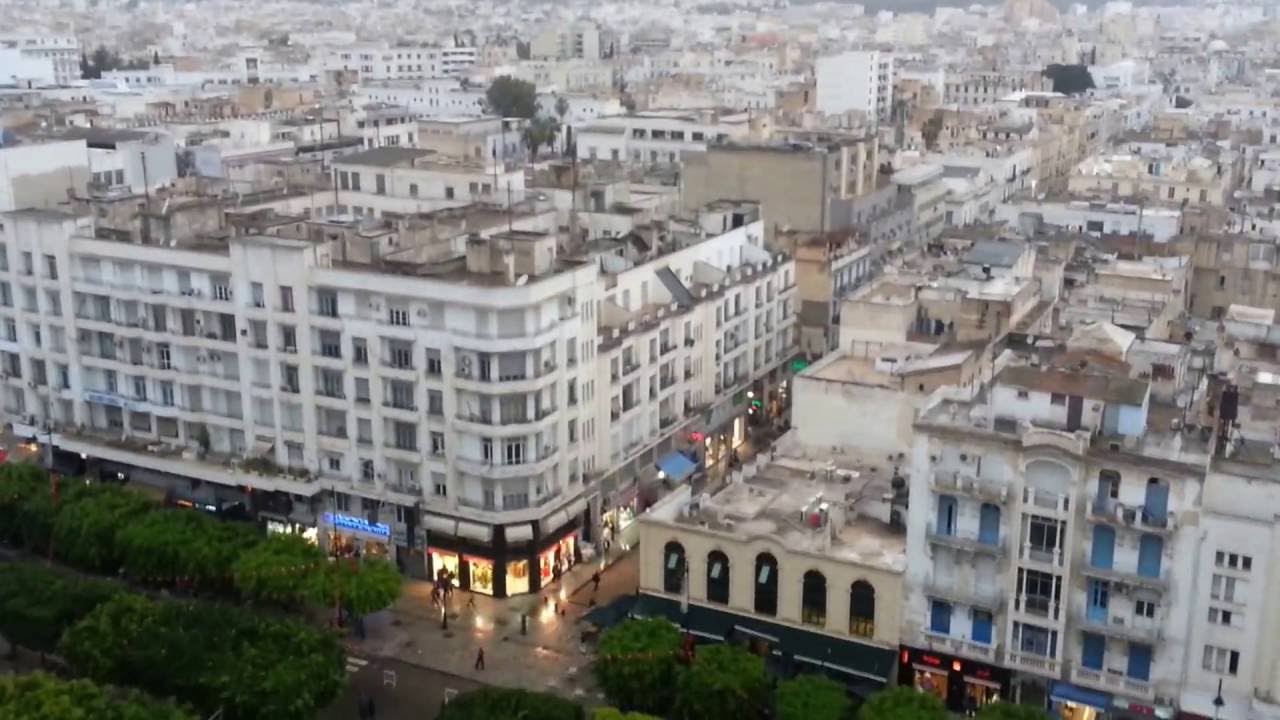
Learning a second language is highly beneficial in the work we do. But, to really understand the language, to get the inside jokes and the slang, that is when you receive a deeper understanding of the culture.
For example, appartenance means a sense of “belonging” in French and arjaa ghoudwa which tells people in Arabic to “come back tomorrow.” However, the most insidious term I have learned is afarah beeya, “Make me happy” and with it, nafram beek, “I will make you happy.”
When I ask Tunisians about these words, some shrink and are embarrassed that I know this phrase and others laugh. At my local vegetable stand, where I have been shopping for nearly two years, when I said, afarah beeya, they chuckled and stated that I was speaking the language of the “police.”
Sadly, when I was taking a taxi to a major international hotel chain in Tunisia, the driver told me that he could not enter the hotel property and he would have to drop me off on the street. As we speak in French, I then inquired in Arabic, afarah beeya? He said, “yes, you understand.”
The private hotel security staff ask for bribes from taxi drivers when they exit the property. (For the record, yes, I reported this incident to security staff at the U.S. Embassy.) But, one needs to think, if this is happening to me, imagine what happens every day to Tunisian citizens.
As IRI works with the High Commission on the Fight Against Corruption (INLUCC), I have been researching corruption in Tunisia. Our most recent poll describes how people experience corruption everywhere. From hospitals to traffic police, from schools and even in mosques. Everyday people second guess themselves wondering if they will be asked, “afarah beeya,” the code phrase for demanding a bribe.
Corruption is detrimental to society. Research has shown that corruption is not just bad for the economy and frustrating for citizens, but, it is a major contributing factor to why young people are joining violent extremist groups.
In July, IRI started working with INLUCC and the municipality of Manouba to conduct a Vulnerabilities to Corruption Approach (VCA) to help identify local processes that may be susceptible to corruption. The VCA is a tool to enhance local transparency and accountability that IRI has implemented successfully in Mongolia, Indonesia, Ukraine, and Cambodia.
In Tunisia, it is particularly critical to address corruption at the local level, especially in a community like Manouba, which has neighborhoods such as Douar Hicher—a place that has one of the highest percentages of young people joining violent extremist groups.
In 2013, it was estimated that corruption costs the Tunisian economy more than 2 billion USD. Imagine how Tunisia could invest that money into infrastructure, communities and job programs instead of losing it to corruption.
Tackling corruption cannot cure all of Tunisia’s challenges. However, fighting corruption can help Tunisia become more prosperous, help restore trust in the government, and give hope to Tunisian youth.
Top